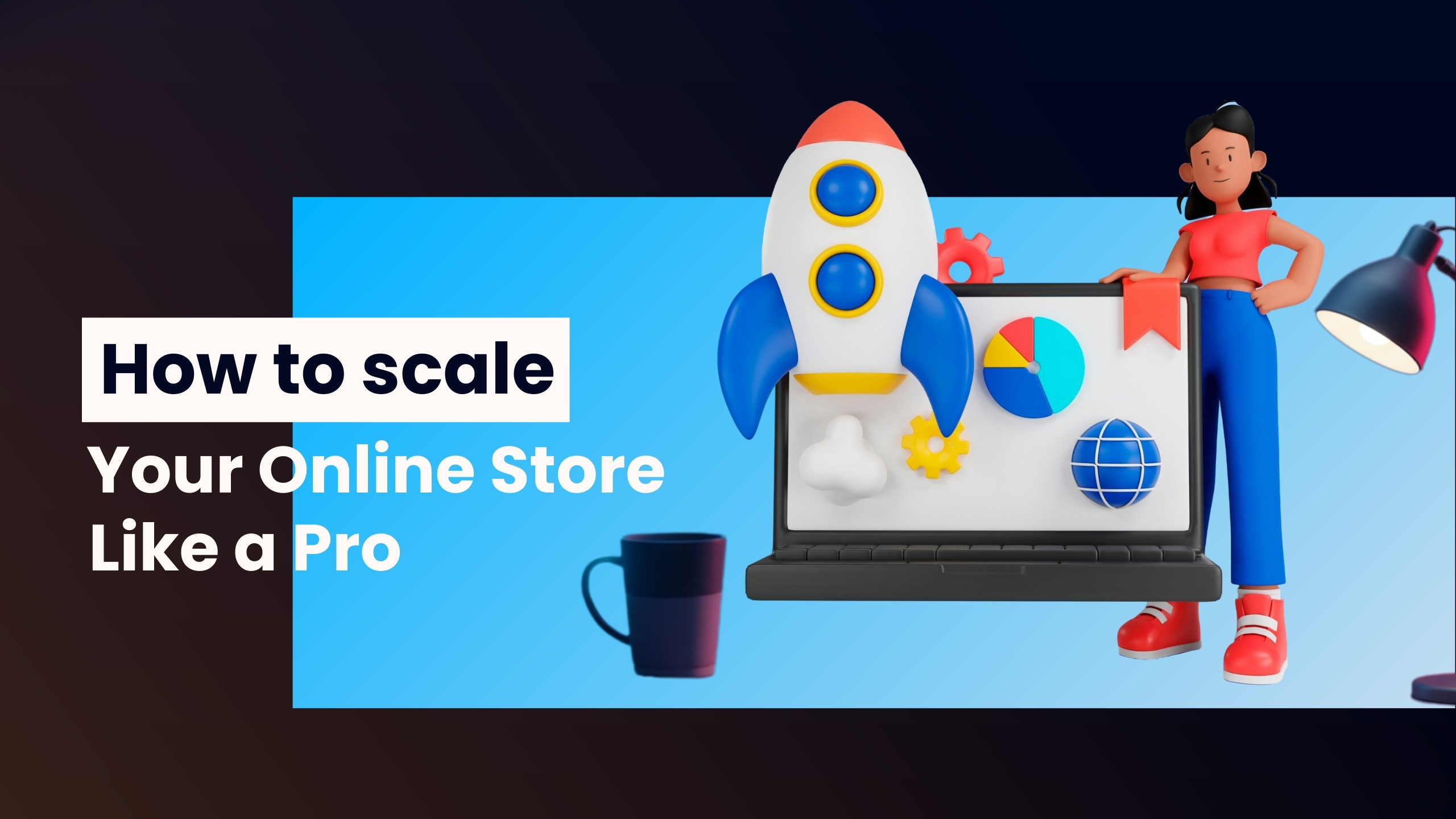How to Scale Your Online Store Like A Pro
Scaling an online store is a significant milestone for any entrepreneur. It means your business has reached a point where demand is growing, and you’re ready to expand operations. Here’s a comprehensive guide to help you scale your e-commerce store effectively.
- Evaluate Your Current Position
- Assess your store’s performance metrics, such as traffic, conversion rates, and revenue.
- Identify bottlenecks or areas for improvement in your current operations.
- Review customer feedback to understand their needs and expectations.
Tip: Use tools like Google Analytics or Tinycart’s built-in analytics to gather insights.
- Optimize Your Website for Scalability
- Ensure your website can handle increased traffic without slowing down.
- Invest in scalable hosting solutions and consider using Content Delivery Networks (CDNs) for faster load times.
- Regularly update your website’s software and plugins to prevent technical issues.
Tip: A slow website can result in lost sales. Test your site’s speed using tools like GTmetrix.
- Diversify Your Marketing Channels
- Expand beyond your current marketing efforts by leveraging new platforms like Pinterest, TikTok, or Google Ads.
- Experiment with content marketing, such as blogs or videos, to attract organic traffic.
- Collaborate with influencers who resonate with your target audience.
Tip: Monitor the performance of each channel and prioritize those with the highest ROI.
- Streamline Operations with Automation
- Use automation tools for tasks like email marketing, inventory management, and customer support.
- Implement chatbots to handle basic inquiries and provide instant responses to customers.
- Set up automated workflows for order processing and tracking.
Tip: Automation saves time and reduces human error, allowing you to focus on growth strategies.
- Expand Your Product Line
- Introduce complementary products to your existing range to increase Average Order Value (AOV).
- Research market trends and customer demands to identify potential additions.
- Test new products through limited launches or pre-orders to gauge interest.
Tip: Keep your core offerings strong while gradually adding new products to avoid overwhelming your resources.
- Focus on Customer Retention
- Implement loyalty programs or rewards to encourage repeat purchases.
- Use personalized email campaigns to re-engage past customers.
- Offer exceptional customer service to build trust and satisfaction.
Tip: Retaining existing customers is more cost-effective than acquiring new ones.
- Expand Your Market Reach
- Target new geographical locations, such as other Australian states or international markets.
- Optimize your website for global audiences by offering currency and language options.
- Partner with reliable international shipping providers to ensure smooth delivery.
Tip: Research local market regulations and cultural preferences before entering new territories.
- Invest in Paid Advertising
- Allocate a budget for paid ads on platforms like Facebook, Instagram, or Google.
- Use retargeting campaigns to convert visitors who didn’t purchase during their first visit.
- Continuously test and refine your ad creatives for better engagement and conversions.
Tip: Start with small campaigns and scale up as you identify successful strategies.
- Build a Strong Team
- Hire skilled professionals to manage key aspects of your business, such as marketing, logistics, and customer service.
- Outsource tasks like content creation or IT support to free up your time.
- Foster a positive work environment to motivate your team.
Tip: Scaling is easier when you have a reliable team to share responsibilities.
- Monitor and Adapt
- Regularly review your performance metrics to measure the success of your scaling efforts.
- Stay updated on industry trends and emerging technologies.
- Be prepared to pivot your strategies based on market demands or unforeseen challenges.
Tip: Scaling is an ongoing process that requires flexibility and innovation.
Final Thoughts
Scaling your online store is an exciting phase that signifies growth and potential. By following these steps, you can overcome challenges and position your business for long-term success. Remember, scaling is not just about growing bigger but also about improving efficiency and delivering greater value to your customers.

